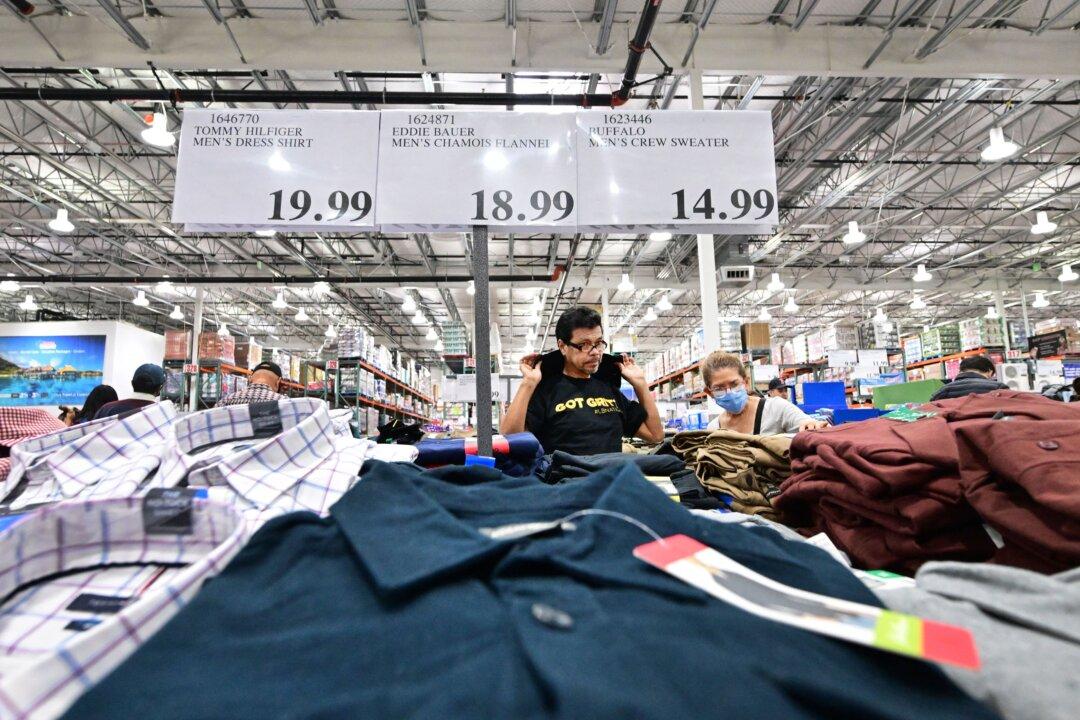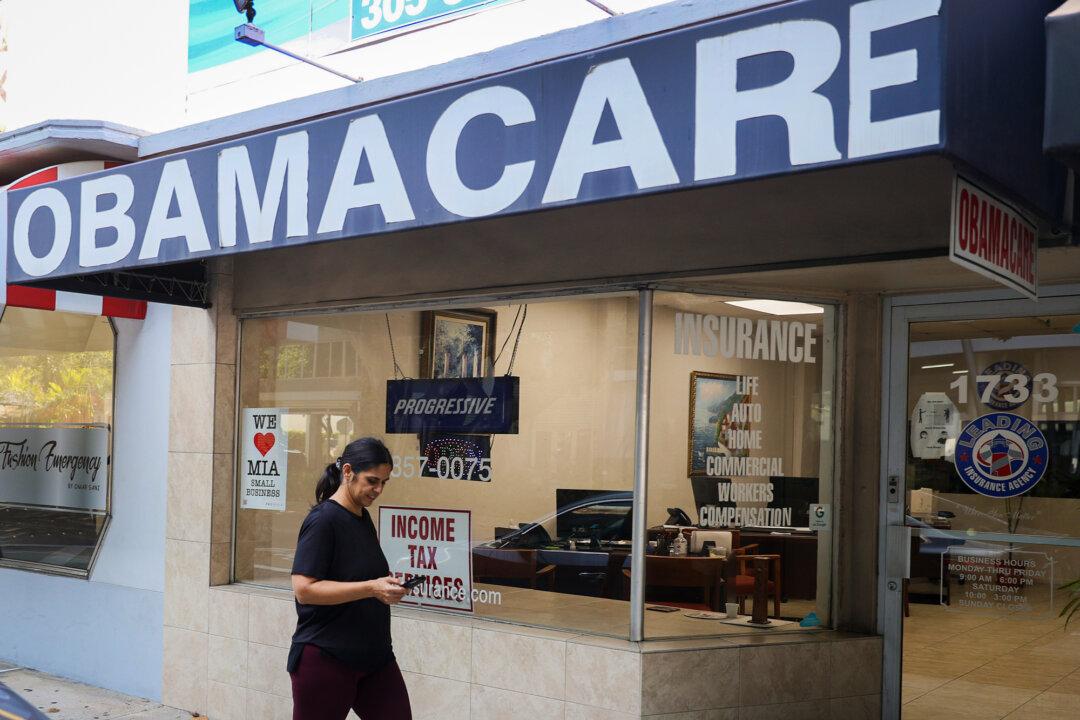Eradicating the use of forced labor from the U.S. supply chain will require diligent law enforcement and rigorous due diligence by importers, but may ultimately rest on public awareness of the problem and action by investors, experts say.
“The vast majority of U.S. companies want to have compliance in this area. I think they are repulsed by the notion that there might be slave labor in their supply chains,” said Robert Silvers, undersecretary for strategy, policy, and plans at the Department of Homeland Security (DHS).





